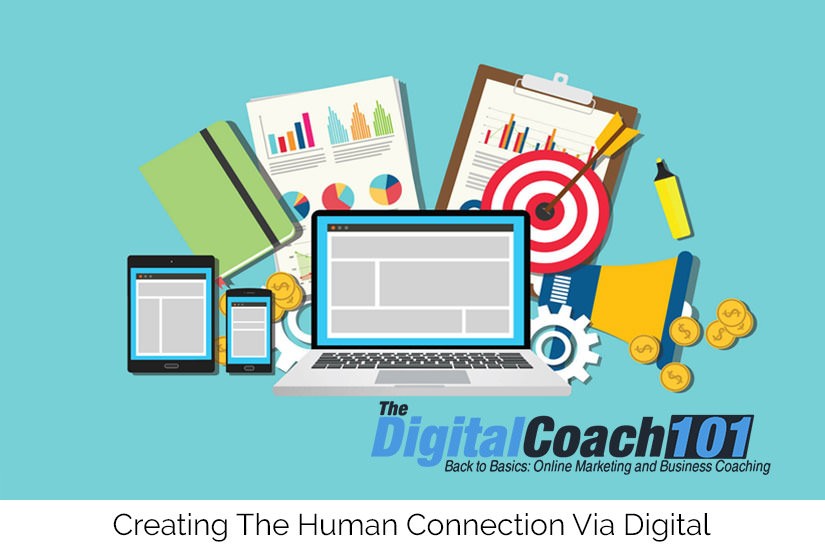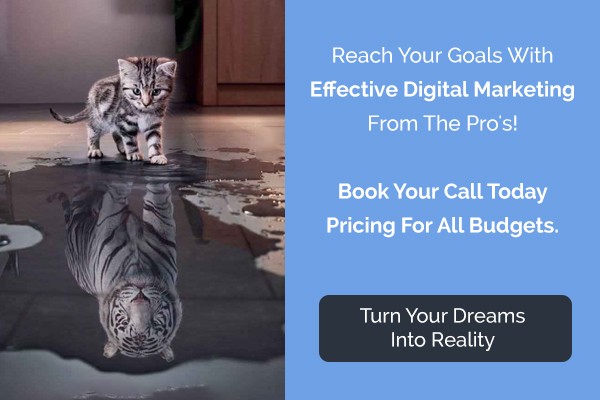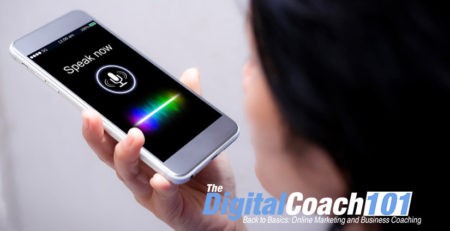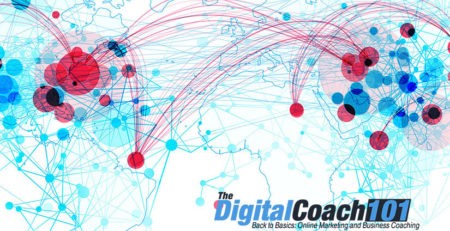PPC vs SEO – Which One Is Best For Your Business?
Knowing How To Drive More Qualified Traffic To Your Website Is The Key To Growing Your Business Online
Traffic. We hate it when we’re stuck in it, but it’s pretty much all we think about when it comes to our websites. Because, unlike rush hour traffic, which frustrates and annoys us, website traffic is the lifeblood of our business online. How successful you are online depends heavily on how much traffic you generate for your web pages. Website traffic is generated in one of two ways – organically, from search engine searches (SEO), or via paid search (PPC). The age-old debate is, however, which way is better? Where should you focus your marketing efforts? When it comes to PPC vs SEO, is there actually a clear winner?
Before we attempt to tackle any of those questions, let’s take a deeper dive into what each method entails.
PPC vs SEO – What’s The Difference?
The most important thing to understand is this:
No one can pay for better rankings. Fact.
No matter what you do, or how much money you throw into your digital marketing campaign, search listings are free. Google has frequently stated that it is committed to keeping its search content useful and trustworthy. Its first responsibility is to give consumers the most relevant search results possible, and if you were able to simply buy your rankings, this wouldn’t happen. So, while PPC ads help connect you to a broader audience far more quickly than SEO, they don’t help your rankings purely on their own.
So let’s explore how SEO and PPC work, and what their differences are.
Search Engine Optimisation
Search Engine Optimisation (SEO), sometimes referred to as “organic search,” is the process of adding content to your website that makes it more visible to search engines. In other words, it helps your business show up more often when people make online searches relevant to you. There are many ways in which you can improve your website’s SEO, and we discuss this in more detail here.
Pay Per Click
Pay Per Click (PPC) marketing is a form of advertising on search engine results pages. You bid to have your ads appear in the sponsored results section of the search results page every time someone searches for something using your keywords. It’s called Pay Per Click because that’s exactly what you do! You pay every time a visitor clicks on your ad. The most common PPC platforms include Facebook, Google Adwords and Bing Ads.
PPC vs SEO – Which One Is Better For You?
It’s important to remember that building rankings takes time. SEO may be a bit of a slow burn, but it’s ideal if you’re looking for long-term consistency in your rankings. No one gets to the top of the first page of Google overnight – or even in a week. These kinds of rankings take time, but SEO will get you there. And once there, sustained traffic is your reward. If you continue applying proven SEO tactics to maintain and improve your results, there’s no reason why you shouldn’t stay top of the rankings for a long time. Reaping all the benefits that come with that along the way, of course!
SEO is also vital for building authority. If your website is seen as a trusted, go to resource for niche information, you have struck rankings gold! The best way to give your website this revered status is through clever content and smart SEO. Do this, and you’ll generate sustainable web traffic and build up a reputation – albeit slowly -for being THE authority on topics relevant to your product or service.
PPC campaigns don’t offer the same long-term results as SEO, and they won’t improve your organic search rankings. Where they score big, however, is that they grab the attention of online visitors at the golden moment – when they’re looking for a company just like yours.
PPC delivers results fast. Once your campaign is approved, and your bids are high enough to give you priority placement, brace yourself for a deluge of visitors! This is what makes PPC perfect for event-focused marketing, product launches and seasonal promotions, among others.
PPC is also highly targetable, allowing you to streamline prospects using their demographic information. This helps to ensure you get qualified clicks – important when you pay for every one!
So What’s The Bottom Line?
According to SearchEngineLand, more users click on organic results than paid ads. There are, obviously, exceptions to this rule, but generally speaking, a highly placed organic listing generates more clicks than a highly placed ad. However, at the end of the day, it all depends on your needs and your budget. If you want more traffic, you want it fast, and you’re happy to pay for it, then PPC is the way to go. But if your budget is tight, or your priority is establishing authority in your specific area, then using SEO to gain high rankings is better for you.
In many cases, however, this is not an “either/or” approach. More often than not, SEO and PPC work best when they are strategically aligned and integrated with each other.
Still not sure? Then chat with Digital Coach. We speak fluent PPC and SEO and can help formulate a strategy that uses both approaches to their best advantage for your business.







